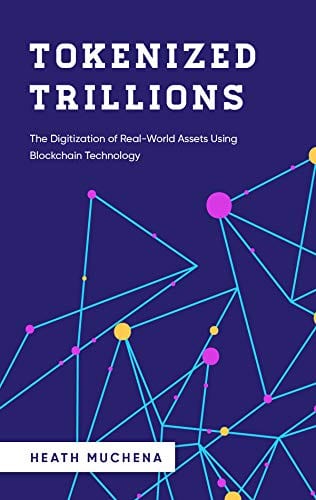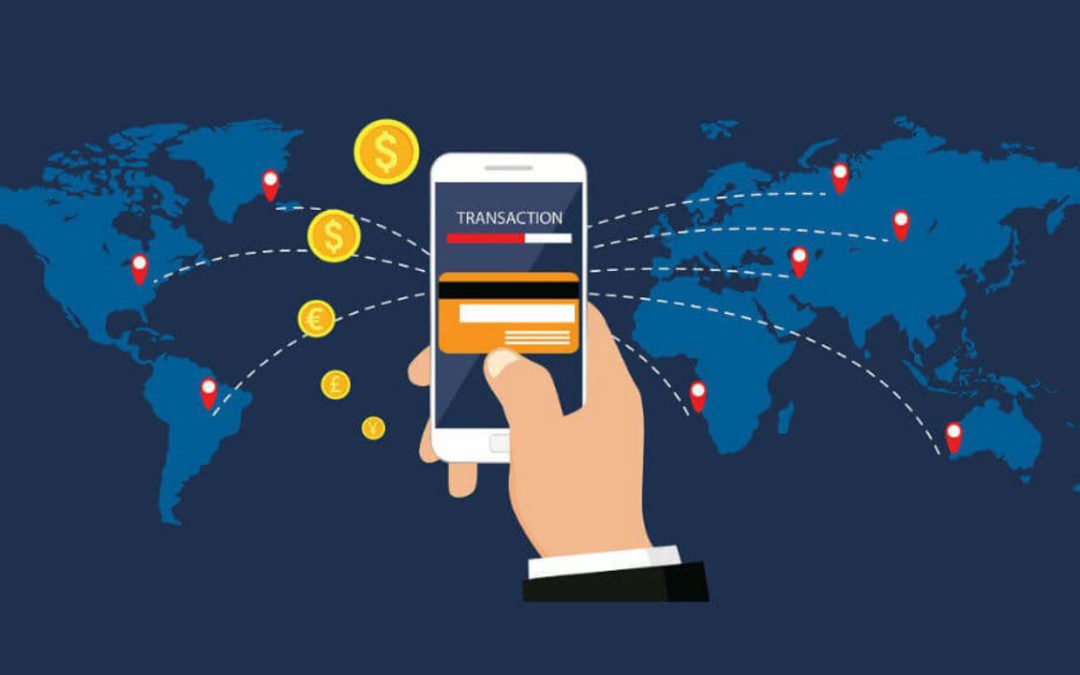An estimated 90% of European and North American banks were exploring blockchain in 2018, according to research by Accenture. The financial sector also spent over half a billion dollars on blockchain in the same year. The global blockchain technology market is estimated to accumulate $20 billion in revenue by 2024 and the industry predicts a 30% reduction in infrastructure costs.
The financial sector has been at the forefront of blockchain adoption as it promises to drive greater transparency and veracity across the digital information ecosystem. According to a report issued by Santander: the use of blockchain could lead to cost savings in the region of up to US$20 billion yearly by 2022. The disruption that distributed ledger technology is bringing to the sector has been welcomed by some and pushed back by others. If fully adopted, it will enable entities to process payments more quickly and more accurately while reducing transaction processing costs and requirements for exceptions.
Blockchain-powered tools are intended to automate banking, creating an entire banking ecosystem based on convenience. Some examples of automation involve self-execution of financial products e.g. loans, round-the-clock deposits and transfers to enable faster transactions with, in some cases, no need for human oversight.
To achieve widespread adoption, the establishment of stable protocols and reliable networks is key. Generating internal momentum for blockchain integration and implementation and ensuring high level security are other critical aspects that need credible demonstration to encourage uptake.
Educating key stakeholders within organisations about the fundamentals of blockchain technology should be a priority and responsive organisations are already taking this important leap as reports indicate that about 73% of financial sector players currently engage outside consultants to deliver the know-how required to pull off the much needed transformation to utilise the technological advancements offered by blockchain.
Institutions and corporations continue to explore the benefits and potential competitive risks and threats this technology poses to the soundness of their financial product offerings, delivery systems and infrastructure in an effort to meet the demands of technologically savvy customers who increasingly expect traditional financial institutions to bring these innovations to market for their benefit, otherwise they’ll continue to resort to service and product offers by new market entrants. Customer retention strategies within some organisations anticipate capabilities enabled by blockchain will be some of the core drivers for future success in end-user retention.
Blockchain brings enhanced accuracy and information-sharing into the financial services ecosystem and financial institutions such as Swiss bank UBS and UK-based Barclays have been on record stating that they are already experimenting with blockchain as a way to expedite back office functions and settlements. In May 2019, Barclays invested in Crowdz, a blockchain-based B2B payments startup that helps companies collect payments and automate digital invoices.
Cross-border payments total around $600 billion annually, and the market is set to maintain its recent growth of around 3 percent a year, driven by international trade despite considerably high fees that are sometimes up to 10% of transaction value. However, with blockchain-based transfers predicted to reduce the cost of cross-border transactions, which according to McKinsey accounted for 27% of global transaction revenue in 2017, many financial institutions have cause for concern as far as losing market share if they don’t consider a blockchain strategy. McKinsey also estimates that blockchains applied to cross-border payments could save about $4 billion a year.
Already projects like Ripple have partnered with financial institutions such as Santander and Western Union with the goal of improving the efficiency of cross-border transactions. Big corporations like JP Morgan have also entered the blockchain space with the announcement of the JPM Coin, which it intends to use to facilitate transactions between institutional accounts. In 2017, Australia and New Zealand Banking Group, JPMorgan Chase, and Royal Bank of Canada launched the Interbank Information Network (IIN), a cross-border payments service. “By leveraging blockchain technology, IIN will significantly reduce the number of participants currently needed to respond to compliance and other data-related inquiries that delay payments,” JPMorgan Chase said in a statement.
Some blockchain providers are already active in payments. Ripple connects banks and payments providers via RippleNet, allowing them to make payments with fiat currency or Ripple’s own XRP cryptocurrency. The network is based on a private, non-distributed ledger, which relies on a limited ecosystem of correspondent banks. Fintech in general is increasing competition and leading to more efficiency in the value chain and numerous incumbents are developing their own solutions. The Society for Worldwide Interbank Financial Telecommunications (SWIFT), for example, is working with banks through its global payments innovation initiative to improve the cross-border payments experience.
Africa and developing economies will be impact most by blockchain. Blockchain startup BanQu is already working with AB InBev to facilitate payments to cassava farmers in Zambia. BanQu’s platform tracks the farmers’ products through the supply chain and then provides digital payments to farmers via their mobile phones, even if they don’t have bank accounts. Virgin Money recently announced a new digital service offering in South Africa which will include a blockchain-based digital wallet.
Whether involved in a proof-of-concept, formulating a blockchain strategy, or just beginning to look into it, at Block Patrol we guide organisations through the educational phase. We help financial sector companies create proofs-of-concepts and use cases to demonstrate value and the feasibility of implementation. We actively investigate various use cases and engage partners to determine how entities can use blockchain to achieve cost benefits and drive new revenue. Depending on the purpose of seeking the deployment of blockchain-based tech, we are able to determine on a case-by-case basis the range of benefits, including lower administrative and capital costs, quicker settlement times, fewer errors and exceptions, and new revenue opportunities that our clients can expect to reap. Blockchain In Banking
For a comprehensive understanding of blockchain technology applications across different industries, check out Blockchain Applied – Solving legacy system problems across multiple industries with distributed ledger technology.
The book is a smart business guide to blockchain in business. The book focuses on solving legacy system problems across multiple industries with distributed ledger technology. The work explores current and potential use cases and solutions for Healthcare, Supply Chain, Insurance, Banking, Financial Markets & Trading Systems, Media & Entertainment, Critical Infrastructure Security and Real Estate.
Available on Amazon https://amzn.to/2EoTXD9
Available for Download

Also check out Tokenized Trillions. A comprehensive guide to help you understand blockchain technology and how to determine business requirements essential for token model creation with respect to real-world asset tokenization projects.
Available on Amazon https://amzn.to/2XgXh9L
Available for Download

If you are interested in learning more about Cryptocurrency, Invest & Trading Cryptocurrency, you have come to the right place.
We offer various Online Courses, which include learning the Basics of Cryptocurrency, Trading, Investing & even 1 on 1 Mentorships. These Courses offer knowledge, skills & support through your journey of learning & reaching your goals as a trader & investor.
Click the link below & choose the Course perfect for you.
